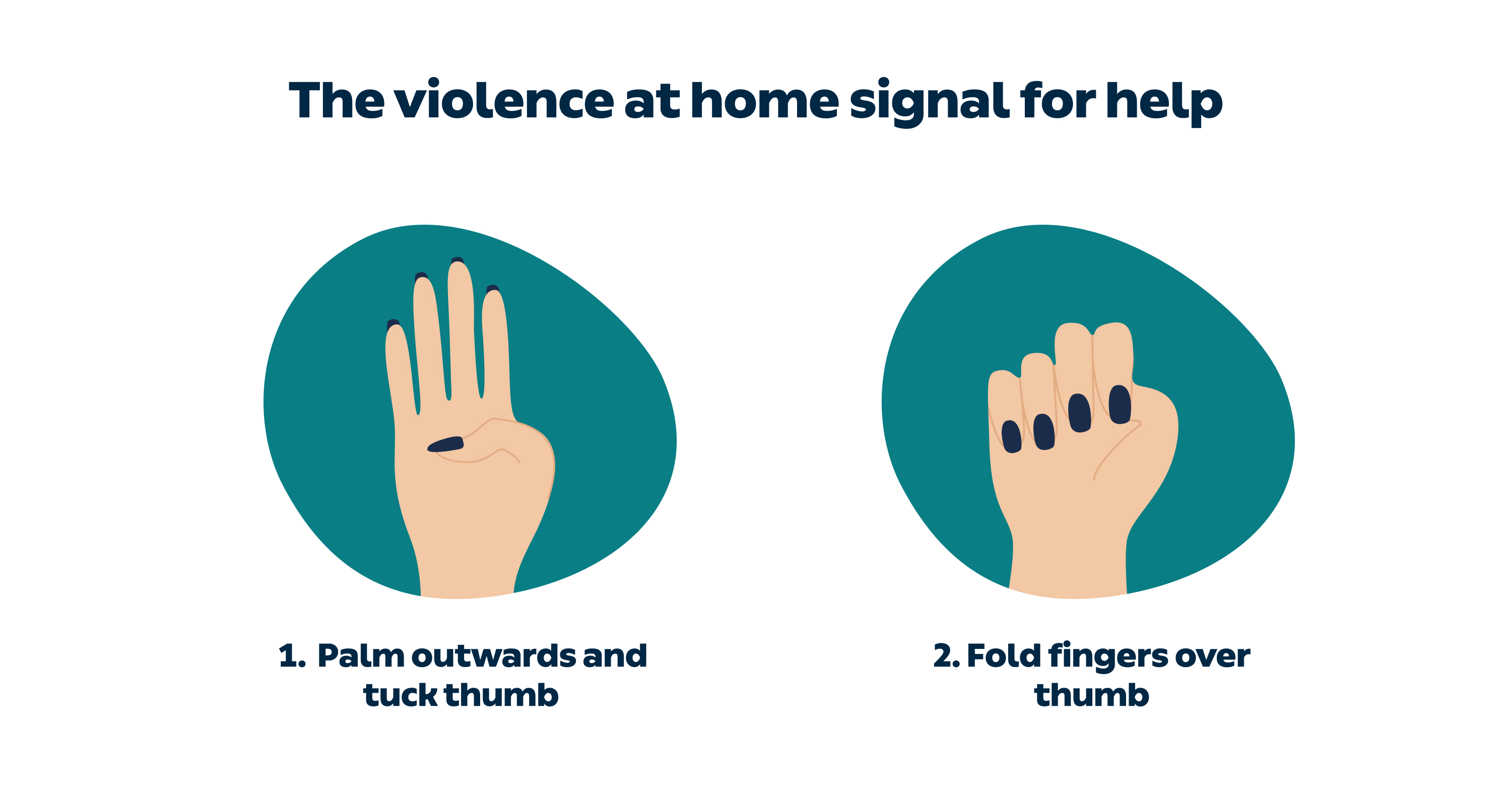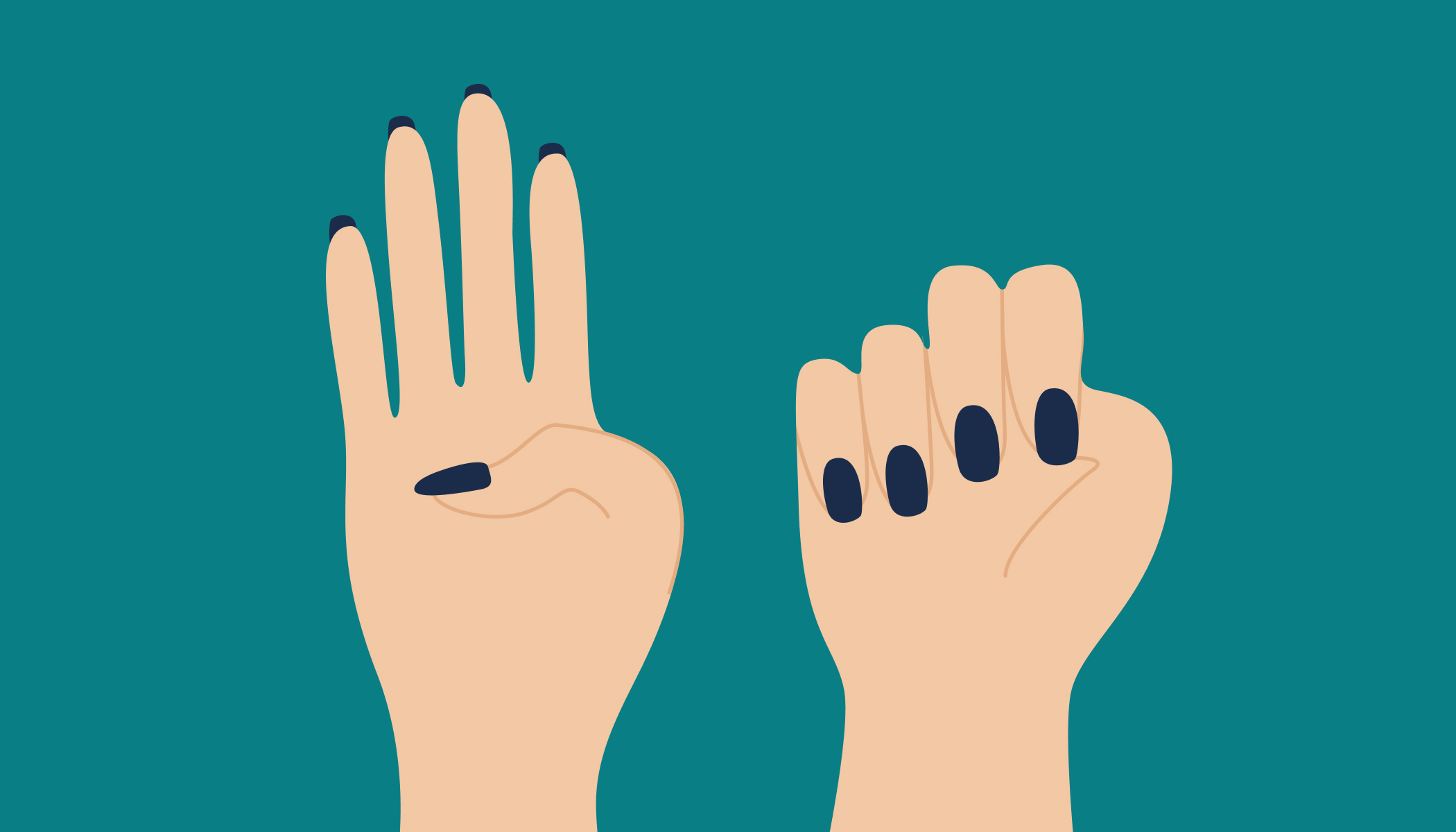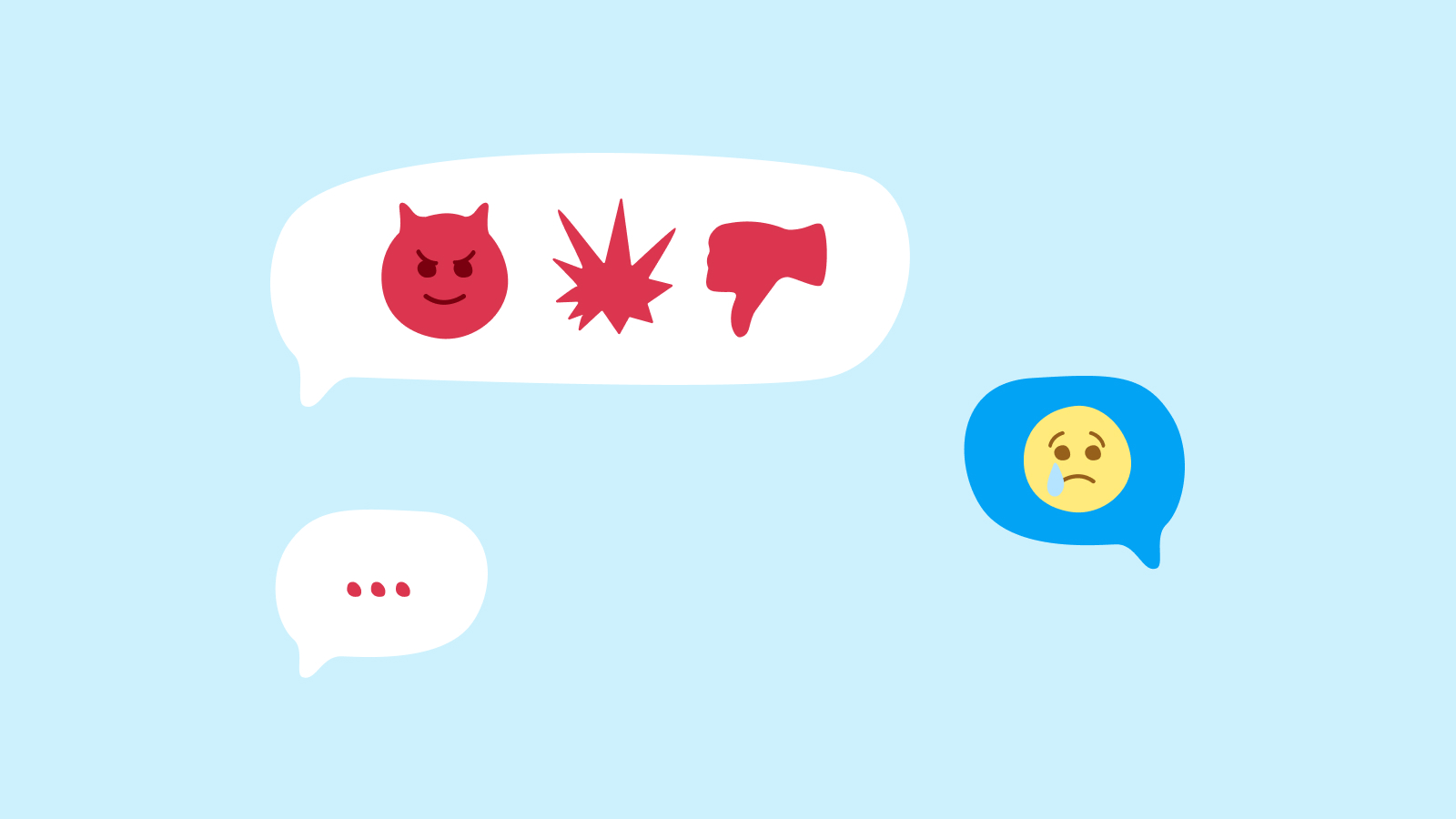There's been an increase in both physical and emotional abuse since the onset of the pandemic.
In a report by Women’s Aid UK, 61% of women living with their abuser said the abuse had escalated during lockdown. And the Respect Men’s Advice Line report that calls and emails from men experiencing domestic abuse have more than doubled.
The danger doesn’t only come from the threat of physical violence – there may be emotional domestic abuse, too. Although this poses just as much of a threat as physical abuse, it can be harder to spot.
What is emotional abuse?
‘Physical abuse is easier to recognise, but emotional abuse is more subtle and insidious, yet equally traumatic,’ says Madeleine Gauffin, Licensed Psychologist and Psychotherapist at Livi.
‘Just as with physical violence, emotional domestic abuse is all about power and control, but rather than using physical force, the abuser uses mental and emotional tactics to insult, criticise, shame, threaten, ridicule, undermine, scare, “gaslight” and punish the victim.’
‘Physical abuse leaves signs like new bruises or injuries,’ says Dr Rhianna McClymont, Lead GP at Livi. ‘Emotional abuse can be harder to spot, but clues can be that a partner constantly puts you down or criticises you, or makes you feel nervous, intimidated or unsure of yourself.’
Control is one of the common signs of an emotionally abusive relationship — control of money, the clothes you wear, the friends you see or things you do. ‘If your partner is tracking your movements and constantly checking up on you, or checks your messages, those are other warning signs,’ says Dr McClymont.
What are the signs of emotional abuse by a partner?
Some signs of emotional abuse could be if a partner...
- Continually criticises or belittles you – so you feel as though no matter what you do, it’s never good enough
- Humiliates and shames you in public
- Makes cruel jokes at your expense then tells you you’re over-sensitive if you get upset
- Blames you during all arguments
- Denies or downplays that the abuse is happening
- Isolates you from family and friends – so the more isolated you feel, the more you lose perspective and become more dependent on your partner
- “Gaslights” you – this could involve saying things they later deny, or insisting you said or did something that’s not true
- Controls your money, or does not give you enough to buy food or other essentials
- Threatens you or insinuates they may hurt you physically, leave you or make you suffer in some way
- Destroys things that belong to you or invades your personal space
- Uses emotional blackmail – getting you to do what they want by playing on your fear, guilt or compassion
What is sexual coercion?
Sexual coercion is unwanted sexual activity that happens when you’re pressurised, tricked or forced, in a non-physical way. Coercion can make you think you ‘owe’ sex to someone. It’s a form of emotional abuse that can affect women and men. In a healthy relationship, you never have sex unless you want to.
Signs of sexual coercion may include being:
- Threatened if you don’t have sex
- Bullied and worn down by someone to have sex
- Lied to or promised things if you have sex
- Kept awake until you agree to have sex
What are the effects of emotional abuse?
‘Emotional abuse is extremely harmful,’ says Gauffin. ‘The abuser inevitably starts off by being loving, caring and sweet. But once they know you trust and care about them, their behaviour changes.’
The abuser may become like Jekyll and Hyde – loving and attentive one minute, turning nasty, vicious and controlling the next.
‘This unpredictability leaves you on tenterhooks,’ she explains. ‘You can’t relax, as their mood can change at any time. You constantly feel as if you’re walking on eggshells.’
To the outside world, the emotoinal abuser may appear charming and reasonable. ‘You may feel as if you’re going mad and start to doubt your judgement,’ says Gauffin. ‘You may not even realise what’s happening and blame yourself when they blow hot and cold. But this is all part of the manipulation to make you feel as if you’re the one in the wrong.’
‘The emotional toll can make you feel moody, irritable and constantly on edge,’ Gauffin continues. ‘You may find it difficult to think straight and become more withdrawn and isolated from friends and family, which makes you even more vulnerable.’
Symptoms of emotional abuse may also start to show in your behaviour. You may become more self-destructive, for example drinking or smoking more to help you cope. Or you may lose your appetite and find your sleep is affected.
‘Emotional abuse can also lead to mental health problems like anxiety and depression,’ says Gauffin. ‘In some cases, you may develop symptoms of post-traumatic stress disorder (PTSD) such as flashbacks, intrusive thoughts and nightmares.’
What you can do if you’re a victim of emotional abuse
‘The first thing is to recognise that things aren’t right,’ says Gauffin.
‘It can be much easier for many people to leave a physically abusive relationship, because it’s so obviously wrong. The signs of an emotionally abusive relationship are more complex, and it can take a while for someone to realise what’s going on.’
But the longer the situation continues, the greater the risks to your mental and physical health. And, in some cases, emotional domestic abuse can escalate into physical abuse.
‘Don’t let the pandemic put you off, even if you’re isolating,’ says Gauffin. ‘The longer you stay, the worse it can get.’
What if a friend is showing signs of emotional abuse?
‘Signs and symptoms of emotional abuse can be difficult to spot, but look out for a friend or relative who seems to have changed recently — becoming more insecure, apologetic or anxious,’ says Dr McClymont.
‘Another warning sign is if their partner makes hurtful comments or jokes at their expense in front of you, or constantly checks in on them to find out where they are or what they are doing.’
To help a friend experiencing emotional abuse, Dr McClymont recommends:
- Keep an eye on loved ones and talk to them if you see or hear something that worries you
- If someone confides in you about abuse at home, it’s important to believe them, listen to their story, and help them to get the right support
- It’s important not to pass judgement. Nor to bombard them with advice and start telling them what they should or shouldn’t do
- Don’t criticise or shame someone for not leaving an abusive relationship earlier. When it comes to emotional abuse it’s sometimes difficult for someone to first recognise that they’re a victim, and then to leave the relationship
- Whatever decision your friend makes, be there for them. They may not feel strong enough to leave right now, but with your encouragement and support this is something they can work towards in the future. The worst thing you can do is turn away, as this will make your friend feel more isolated.
The Signal for Help hand gesture
Since domenstic violence against women and girls increased in the pandemic, the Signal for Help hand gesture has been created by the Canadian Women's Foundation. This can be used either in person or over video call to quietly let others know you're unsafe and need help.
To perform the signal, hold one hand up with your thumb tucked into your palm then fold your other 4 fingers over your thumb to cover it.

If you see the signal, try to safely check in with the person to find out what they want you to do. If they're in danger, call 999.
How a GP can help
‘If you’re in an emoptionally abusive relationship and don’t know where to turn, talk to a doctor,’ says Dr McClymont.
‘They can help you access organisations like emergency support groups and shelters. They can also refer you to a psychologist or psychotherapist, if you feel you need emotional or mental health support before taking steps to make the break.’
Emergency help for emotional abuse
There are many services that provide support. Women and children’s charity Refuge provides emergency shelters for women who are fleeing domestic abuse and a range of support and information on how to recognise and recover from abuse.
It runs a 24-hour free domestic abuse helpline on 0808 2000 247. Women’s Aid also offers support, information and live chat for victims. For men, the charity Respect provides advice and help on 0808 801 0327.
This article has been approved by Dr Rhianna McClymont, Lead GP at Livi, and Madeleine Gauffin, Licensed Psychologist and Psychotherapist at Livi.


